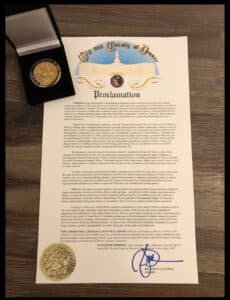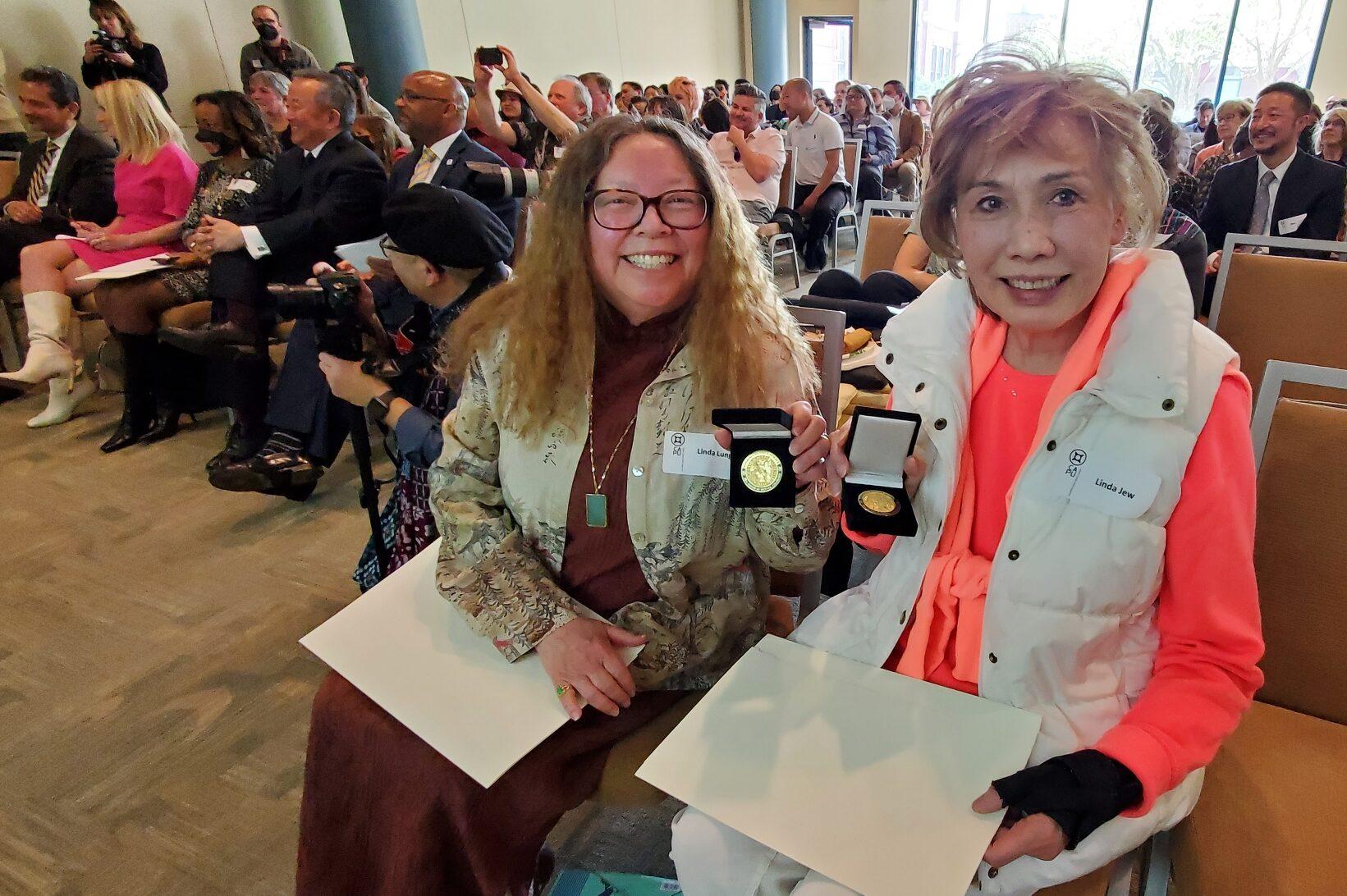By Christen Aldridge
In the late 19th century, Denver's Chinatown was a bustling community stretching from Market to Wazee streets in what is now LoDo. That was, until October 31st, 1880.
On that night, a mob of 3,000 white Denver residents took to the streets and destroyed businesses, temples, and homes in Chinatown. A man named Look Young was lynched; his murderers were never prosecuted.
Although the city failed the Chinese community at the time, current leaders are trying to atone for that historical wrong.
On Saturday, Mayor Michael B. Hancock signed a resolution officially apologizing to the descendants of Denver's Chinese immigrants for the city's role in the anti-Asian violence, which he called "a shameful chapter in Colorado history."
To mark the apology, a large crowd gathered at the University of Colorado, Denver's Lawrence Street Center for an event titled Reclaiming Our Past, Rebuilding Our Future, organized by the Colorado Asian Pacific United (CAPU).
'Something we can show the next generation'
According to organizers, Denver the fifth U.S. city to make an apology like this for past anti-Asian violence and discrimination; but the first outside California.
CAPU board member Dr. Soon Beng Yeap described Denver's apology as a momentous milestone for Colorado's Chinese-American community.
"California's AAPI population is over 30 percent, whereas Denver's AAPI population is less than 4 percent. Denver is the first city under 10 percent (Asian American Pacific Islander) to deliver an apology to Chinese-Americans," he noted. "This is very progressive for the city of Denver."

Two women whose families were part of Denver's historic Chinatown received Mayor Hancock's signed letter of apology and commemorative gold coins as part of the ceremony.
Linda Jew, a member of the Chin family, had a grandfather who worked on the transcontinental railroad before settling in Denver. She recalled the racism and discrimination her family had to endure growing up.
"My mother graduated from Denver Women's School, which is now the University of Denver. Even with a degree, she was refused a job," Jew explains. She remembers people throwing rocks at her and her sister when they were young kids, before the family moved to a safer part of the city in Park Hill. "This apology from Denver is very important to me and my family."
Linda Lung, head storyteller for CAPU, jumped for joy when she was handed her signed apology. "This is a wonderful event. Something we can show the next generation and move forward," she said.
CAPU was also instrumental in getting the city to replace an offensive plaque on Blake street that misrepresented and downplayed the 1880 violence by referring to it as a "Chinese riot" and leaving out any mention of Look Young's name.
The city and CAPU said they are committed to building an AAPI museum and other cultural learning centers for all to learn about the community's contributions to Colorado.












